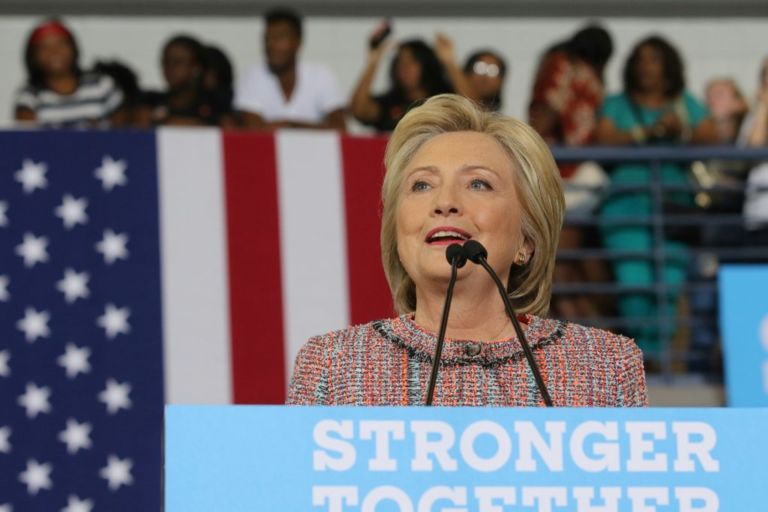Naomi Lim of the Washington Examiner details President Biden’s approach to the economy as an electoral issue.
Republicans, underscoring 40-year high inflation and pandemic-exacerbated supply chain kinks, excoriated Democrats’ economic policies before last year’s midterm elections.
Now, after outperforming expectations in 2022, Democrats are trying to prove their mettle regarding the economy before next year’s presidential cycle as President Joe Biden and the White House simultaneously attempt to move on from his classified documents controversy.
The Democrats’ strategy is being spearheaded by the White House, with Biden and Vice President Kamala Harris making a rare trip together next week to talk about the economy in Philadelphia amid Biden’s classified documents scandal. The campaign-style stop in Pennsylvania, an all-important battleground state, leverages Biden’s economic remarks Thursday in Springfield, Virginia. Virginia is also anticipated to host a competitive Senate race next year.
Biden and Democrats have a “deficit,” to borrow an economic term, when it comes to the economy, according to Colin Seeberger, a Democratic strategist with the Center for American Progress. Democrats tend not to connect their clean energy, childcare, healthcare, and immigration policies, among others, to the economy, Seeberger told the Washington Examiner.
Biden, for example, has an average overall job approval-disapproval rating of 42%-53%, according to RealClearPolitics. But his average economic approval-disapproval is worse at 38%-59%.
“There’s a lack of message alignment in the party,” Seeberger said. “Each one of those members, each one of those Democratic surrogates, they have a particular focus or are advocating for a particular policy. Sometimes there can be some elbowing to try to get your interests further up on the agenda … and it detracts from helping voters understand who Democrats are, what they’re fighting for, and what they stand for.”
“There actually is so much opportunity for Democrats right now to build an advantage on who can be better trusted on the economy and grow their advantage on who’s fighting for people like me because your most conservative members in the Democratic Party to your most progressive all united behind these big, meaningful economic bills that made it through the last Congress,” he added.


